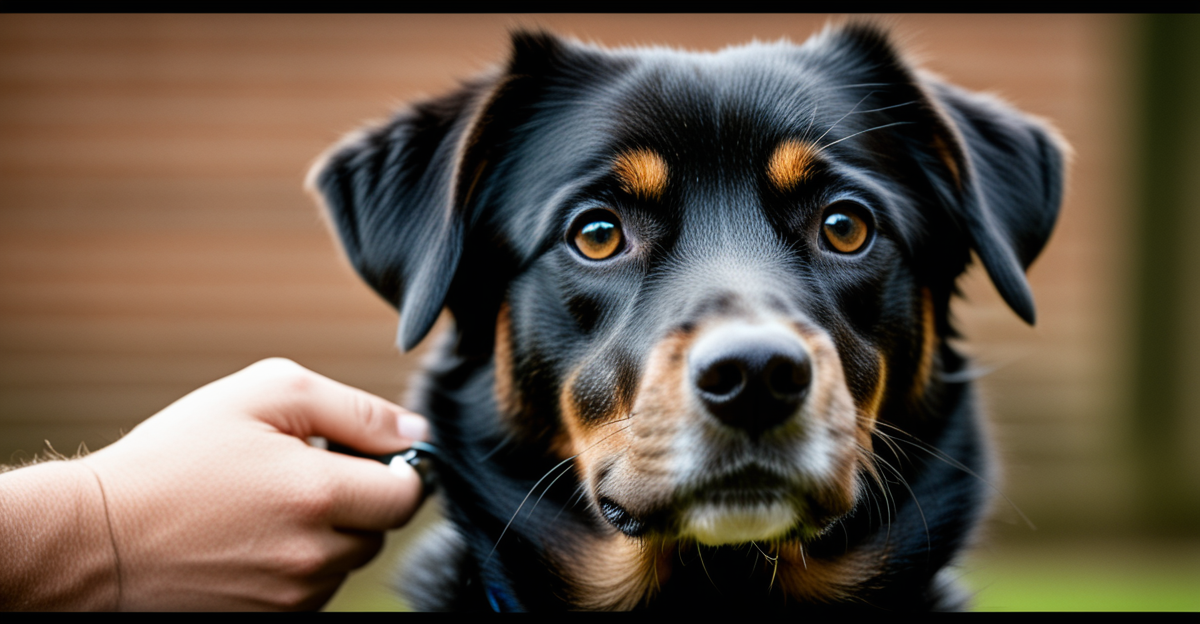Overview of Legal Duties for UK Pet Owners
Understanding the legal obligations for pet owners is essential when owning pets in the UK. The foundation of these responsibilities is the Animal Welfare Act 2006, which sets out the core duties to ensure the well-being of all domestic pets. Compliance with these laws not only safeguards animals but also protects owners from potential legal consequences.
The Animal Welfare Act 2006 imposes a duty of care requiring pet owners to meet their animal’s basic needs. These include providing adequate food and water, suitable shelter, veterinary care when necessary, and the ability to express normal behavior. This legislation defines welfare standards that are non-negotiable and legally enforceable. Failure to comply can result in fines or more severe penalties.
Also read : How can UK residents ensure their pets are happy during travel?
Owners must familiarize themselves with their responsibilities under UK pet laws to ensure proper care and avoid neglect or abuse. Ensuring compliance is vital not just from a legal standpoint but also to promote responsible pet ownership that supports animal health and happiness. By adhering to these obligations, pet owners contribute to a safer and more humane environment for animals across the UK.
Microchipping and Registration Requirements
Pet microchipping laws in the UK mandate compulsory pet identification primarily for dogs, and increasingly for cats as well. Under current UK pet laws, all dog owners must ensure their pet is microchipped by the age of eight weeks or within 28 days of acquiring the dog if older. This legal obligation for pet owners enables accurate identification, facilitating the return of lost animals and supporting the enforcement of pet welfare regulations.
In parallel : How can you enrich your pet’s life with UK-based activities?
The microchip implantation links to animal registration UK systems managed by authorized databases. Owners must register their contact details with an official database to comply fully with registration requirements. These animal registration UK processes are designed to maintain up-to-date information, assisting authorities in tracking and reuniting pets with their owners efficiently.
Failure to comply with pet microchipping laws results in penalties, including fines and potential prosecution. The importance of compliance is underscored by legal obligations for pet owners that protect pets and the public alike. Being informed about these compulsory pet identification rules ensures that owners fulfill their responsibilities, aligning with broader UK pet laws and contributing to responsible pet ownership.
Licensing and Vaccination Guidelines
Pet licensing UK requirements are designed to regulate ownership of specific pets and ensure public safety. Although general pet licensing is less common than in the past, certain licensed breeds and exotic animals still require official permits. These licenses involve registration with local authorities and sometimes additional conditions, such as secure housing or liability insurance, to comply with legal obligations for pet owners. Understanding and obtaining the necessary licenses is an essential part of owning pets in the UK, preventing legal complications.
Animal vaccination rules are a critical aspect of responsible pet ownership and public health policy. All pet owners must adhere to recommended vaccination schedules to protect animals from common diseases like rabies, distemper, and parvovirus. For dogs and cats, regular vaccinations are strongly advised and often required before traveling abroad or entering licensed facilities. Vaccination records serve as health certification, demonstrating compliance with UK pet laws and ensuring safety for pets and people alike.
Health certification and travel requirements extend beyond vaccinations. When moving pets internationally, owners must follow strict protocols including microchipping, vaccinations, and official health certificates issued by authorized veterinarians. These documents confirm that pets meet animal vaccination rules and other UK legal obligations for pet owners, minimizing risks of disease transmission and facilitating smooth cross-border relocation or holiday travel with pets.
In summary, the combination of pet licensing UK rules and rigorous compliance with animal vaccination rules supports overall animal welfare and legal adherence. Pet owners should prioritize these aspects to maintain both their pets’ health and fulfill their responsibilities under UK pet laws.
Animal Welfare Standards and Owner Responsibilities
The Animal Welfare Act 2006 establishes five essential welfare needs that every pet owner must meet to comply with UK pet laws. These welfare standards for pets include providing:
- A suitable environment and shelter,
- A proper diet,
- The ability to exhibit normal behavior patterns,
- Protection from pain, suffering, injury, and disease,
- And appropriate companionship where applicable.
Meeting these needs is a core part of the legal obligations for pet owners as set out in the Act. Owners must ensure their pets have clean, comfortable living spaces that allow sufficient space and stimulation. Providing proper nutrition and access to clean water regularly safeguards animal health and well-being.
Responsible pet ownership also means being vigilant about the pet’s emotional and physical needs. The ability to express normal behavior includes opportunities for exercise, social interaction, and mental engagement. Failure in any of these areas can lead to poor welfare outcomes and legal consequences.
Owners are legally required to report any neglect, abuse, or breaches of welfare standards they witness. This responsibility helps enforce the Animal Welfare Act 2006 and supports broader animal protection efforts in the UK. By understanding and fulfilling their duties under these welfare standards, pet owners help maintain a safe and humane environment that aligns with UK pet laws.
Breed-Specific Legislation and Restrictions
Breed-specific legislation (BSL) in the UK establishes restrictions on certain dog breeds and animals deemed dangerous under the law. The Dangerous Dogs Act 1991 primarily targets particular breeds classified as banned dog breeds UK, including the Pit Bull Terrier, Japanese Tosa, Dogo Argentino, and Fila Brasileiro. Ownership, breeding, sale, or exchange of these banned dog breeds UK is illegal, reflecting strict legal obligations for pet owners to prevent public safety risks.
Pet owners must be aware that possessing a banned dog breed UK can lead to serious legal consequences such as seizure of the animal, fines, or imprisonment. However, dogs that resemble prohibited breeds but are not confirmed may be subject to assessments under dangerous animal legislation to determine their status.
In addition to banned dog breeds UK, the law also regulates restricted pets UK, including certain exotic or wild animals. Owners of restricted pets UK need specific licenses and must comply with stringent housing and welfare standards. These controls aim to balance animal welfare with public safety by preventing harm or the uncontrolled spread of non-native species.
Procedures for appeals related to breed restrictions provide some recourse for owners disputing breed identification or licensing decisions. Nonetheless, compliance with these regulations is critical. Understanding breed-specific legislation and restrictions under UK pet laws ensures responsible pet ownership and adherence to legal obligations for pet owners, securing both community safety and animal welfare.
Official Resources for Pet Ownership Laws
Navigating UK pet laws can be complex, making access to reliable information crucial for pet owners. Official pet law resources UK provide authoritative guidance on the legal obligations for pet owners, ensuring they understand current regulations including microchipping, licensing, and welfare standards. These resources are published by government bodies and animal welfare organizations, offering clear explanations of laws and practical advice for compliance.
Pet owners seeking help with government pet ownership guidance can consult local authority offices, which offer tailored advice specific to regional regulations and enforcement practices. Local councils often provide detailed information on licensing procedures, breed-specific legislation, and registration requirements. Engaging with these bodies helps owners stay informed about changes in legislation and how to properly fulfill their duties.
To address legal concerns or report breaches, pet owners may need to seek professional advice. Access to legal help related to pet ownership can be found through official channels, guaranteeing informed support on disputes, appeals, or welfare complaints. Understanding where to find trustworthy pet law advice empowers owners to act responsibly and ensures animals’ wellbeing according to UK pet laws.




